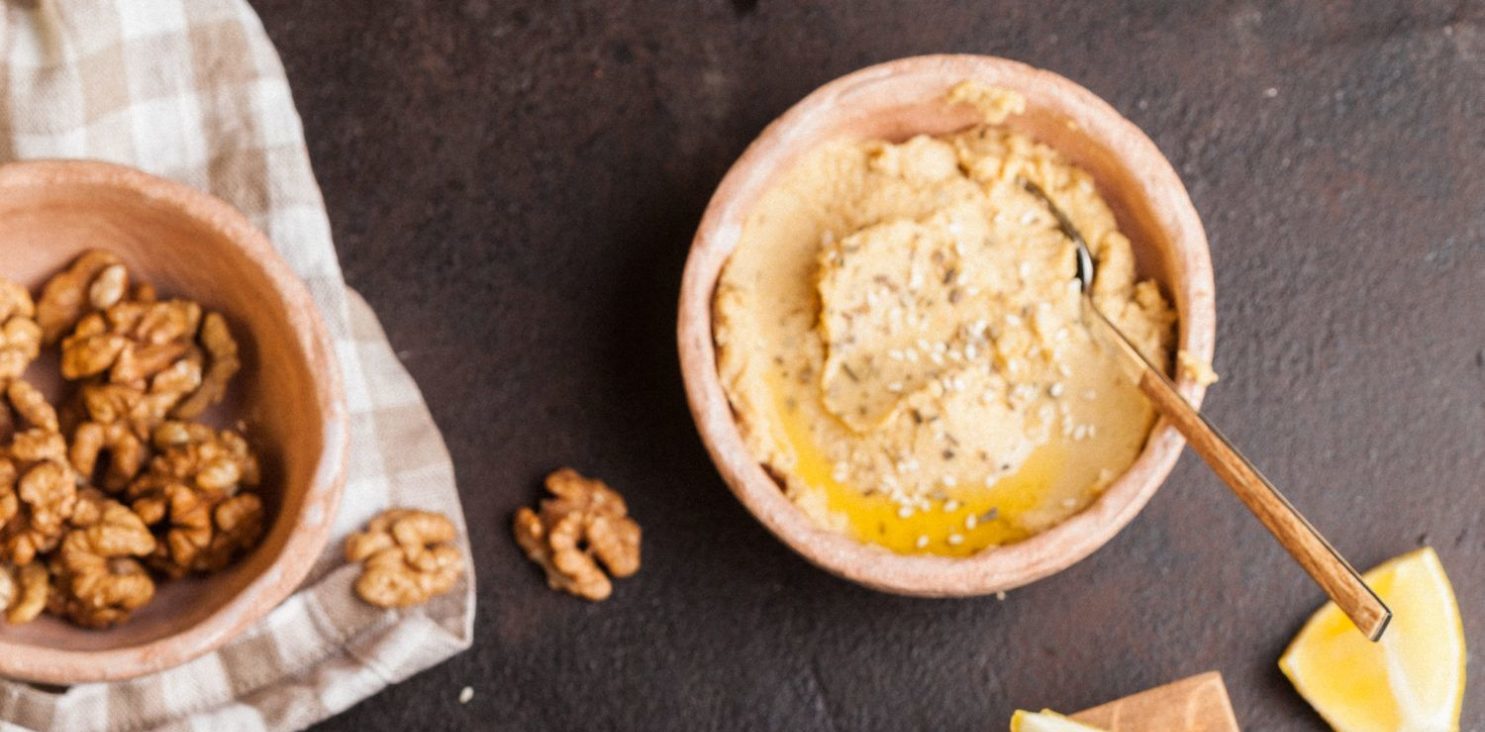Veganism and bloating: how to fix it?
Vegetarian and vegan diets are both diets rich in legumes, whole grains and vegetables. While these diets may seem very healthy on the surface, in reality we have some side effects.
Today we will address one: the correlation between veganism and intestinal bloating .
VEGANISM AND INTESTINAL SWELLING: HOW TO SOLVE IT?
The reasons why intestinal swelling can occur in sensitive subjects who are on a vegetarian or vegan diet are to be found in the so-called “fodmaps”. As I have already written to you in this article , the first of the series dedicated to the low fodmap diet for irritable colon, the fodmaps are nothing more than particular “short chains” of sugars present in foods that contain carbohydrates. Not all carbohydrate foods are fodmaps, but many are.
Foods containing them have been seen to cause intestinal fermentation, with swelling, regularity problems (diarrhea or constipation or alternating phases), spasms.
In the long run, this creates an inflammatory state, which if left untreated can become chronic, and even lead to intestinal malabsorption. So the body becomes less efficient at getting nutrition from the foods we eat, with the risk of deficiencies that can weaken it, starting with the immune system.

In short, veganism and intestinal bloating are a probable combination for many who have a delicate intestine.
Obviously not for everyone.
In particular, for the vegetarian and vegan diet, fodmaps are mostly present in the form of galactans and fructans .
Legumes contain galactans, while many whole grains contain fructans, with the exception of rice, for example.
A low fodmap diet could be the solution
But all legumes should be excluded, vegetable milks that are not oat or soy but without additives (it is a bit difficult to find only soy milk with ingredients such as soy and water), all cereals that contain gluten, all products based on soy that contain additives, because these are the ones that have the fodmaps. In addition, most seeds and nuts should be excluded, plus some fruits and vegetables and natural and artificial sweeteners. Some tubers should also be excluded. It is now difficult to find vegan preparations and vegan products on the market that do not contain the additives listed as problematic, including inulin and some starches or thickeners.
It means greatly impoverishing the choices of those who follow a vegan diet. For vegetarians, the low Fodmap diet is not to be excluded, taking into account that it is a diet that eliminates these foods for a few months, and then introduces other foods in smaller portions, while banning some.
Aged cheeses and delactosed eggs and dairy products do not contain Fodmaps. If you are a vegetarian, read the simplified version of the diet here.
VEGANISM AND INTESTINAL SWELLING: THE SOLUTION
A recent study therefore posed the problem of who is vegan and must vary between the choices in order not to have nutritional deficiencies.
Scientists at the Technical Research Center in Finland believe it is possible to reduce bloating and other intestinal ailments by boosting enzymes. They claim that this problem of bloating from foods that contain Fodmap affects a portion of the population ranging from 10 to 20%. Enzyme supplements can be used in combination with betaine hydrochloride.
Below I bring you some examples.
For enzymes, the products I recommend are as follows.
Optima Provida GLT: Optima Provida Enzydoc Glt, 40 Vegetarian Capsules .
Alternatively Vegavero Integrator for digestion. Vegavero® DIGESTION SUPPLEMENT | With Digestive Enzymes | Swelling and Flatulence | With Papain, Bromelain, Kiwi, Cumin and Cardamom .
Betaine hydrochloride is useful in case of low stomach acid, which is essential for those who have problems digesting legumes, vegan protein products such as seitan, prepared with gluten, quorn, tofu, tempeh or other products. Those with slow thyroid problems also have low stomach acid.
Betaine works but must always be paired with enzymes.
Those who want to can absolutely avoid it, trying to drink a teaspoon of apple cider vinegar dissolved in a little water before meals that contain these foods, together with enzymes.
Recommended product.
Betaine HCL (hydrochloride) 500mg 90 Capsules, Suitable for Vegans and Vegetarians, For the stomach, Without magnesium stearate and bad additives.
Obviously these are products that I recommend, but you can absolutely find analogues in pharmacies and parapharmacies, paying attention to the excipients, if you are vegan. It is also always best to inform your doctor before taking any supplements.
























+ There are no comments
Add yours